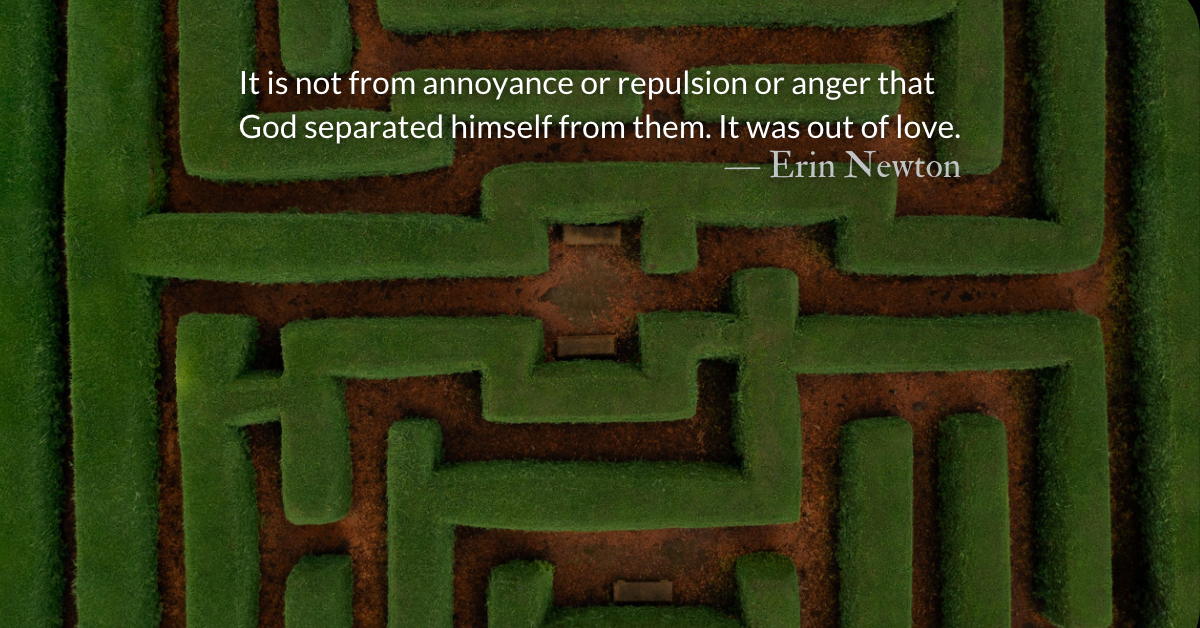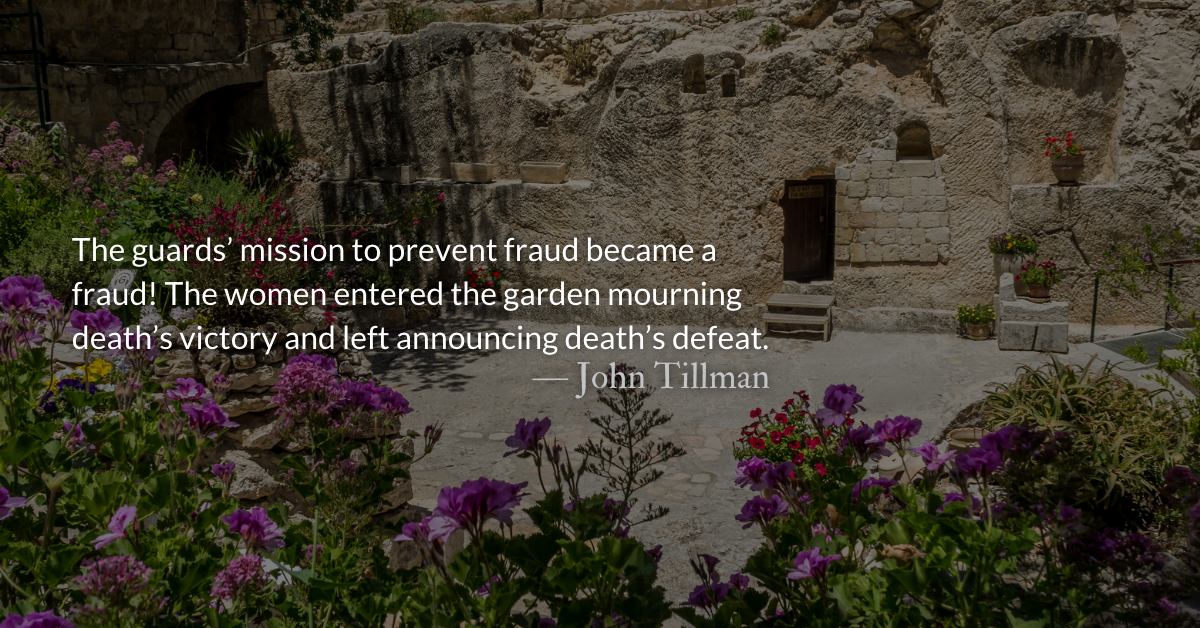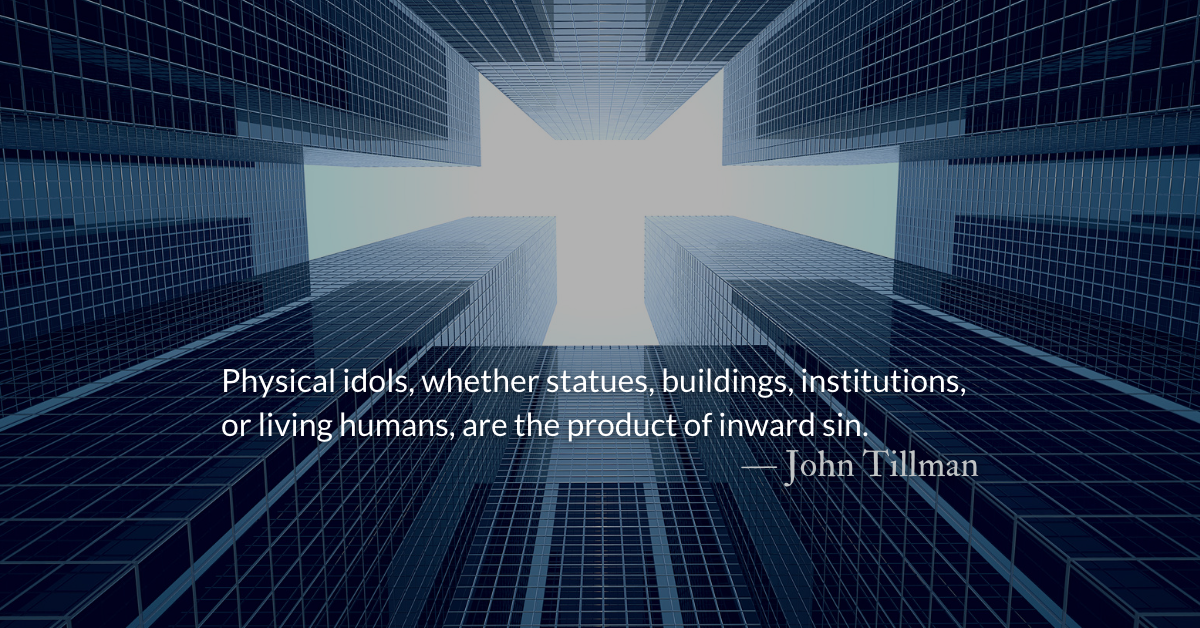Scripture Focus: Exodus 19:10-12
10 And the Lord said to Moses, “Go to the people and consecrate them today and tomorrow. Have them wash their clothes 11 and be ready by the third day, because on that day the Lord will come down on Mount Sinai in the sight of all the people. 12 Put limits for the people around the mountain and tell them, ‘Be careful that you do not approach the mountain or touch the foot of it. Whoever touches the mountain is to be put to death.
Reflection: A Hedge of Protection?
By Erin Newton
We tend to think of rules as a means to kill joy. Limitations on our freedom are viewed negatively. So what does it mean when God puts a boundary around himself?
For three months, the Hebrews followed the cloud by day and the pillar of fire by night. God guided them, protected them.
At Sinai, the mountain was covered by the cloud. To prepare to meet God, the people consecrated themselves and a boundary was set. Their approach to God was limited, like God placing boundaries on the sea, “This far you may come and no farther” (Job 38.11).
Since the Fall of creation, the relationship between God and humanity has been fettered by restrictions. Every encounter required shielding and protection. Was this boundary and the command to kill anyone who crossed the line a reflection of an angry God? Was God trying to avoid contact with people he found so repulsive?
No, we find quite the opposite in the boundaries set by God. It is not from annoyance or repulsion or anger that God separated himself from them. It was out of love.
God asked Moses to create a boundary so no one would get too close to his presence. He threatened severe punishment to help them take this request seriously.
He yearns to be near them, so much so he will build a traveling abode for his presence. But when the people are going to be close to Him, precautions must be taken. He is holy and they are not. He is unblemished and they are covered in guilt. He is perfect and they are imperfect. The two entities cannot coexist. Out of love, God set boundaries to his presence.
I’m always awe-struck when I read about the presence of God in the Old Testament. The patience and diligence required to approach God is enough to frustrate our instant gratification. Through love, they approached God as he commanded—for their own sake.
With Jesus, everything changed. People could look into his face. Touch his robe. Feel his pierced hands. Lay their heads upon his chest. Listen to his voice. Watch him cry.
With Christ, there are no longer any limitations.
Today, we prepare our hearts and consecrate our lives as we approach God in prayer and worship. But we do not fear his wrath. Our access to God is without boundaries and without fear. Praise be to God!
Divine Hours Prayer: The Request for Presence
Our soul waits for the Lord; he is our help and our shield.
Indeed, our heart rejoices in him, for in his holy Name we put our trust.
Let your loving-kindness, O Lord, be upon us, as we have put our trust in you. — Psalm 33.20-22
– From The Divine Hours: Prayers for Springtime by Phyllis Tickle.
Today’s Reading
Exodus 19 (Listen 4:04)
Luke 1.39-80 (Listen 9:26)
Read more about Prepared to Meet God
The ominous phrase, “Prepare to meet your God,” is meant to strike fear. Yet, this changed with the incarnation of Jesus.
Read more about Supporting Our Work
We are so thankful to the donors who support our ad-free content that brings biblical devotionals to inboxes across the world. Consider joining them, please.











